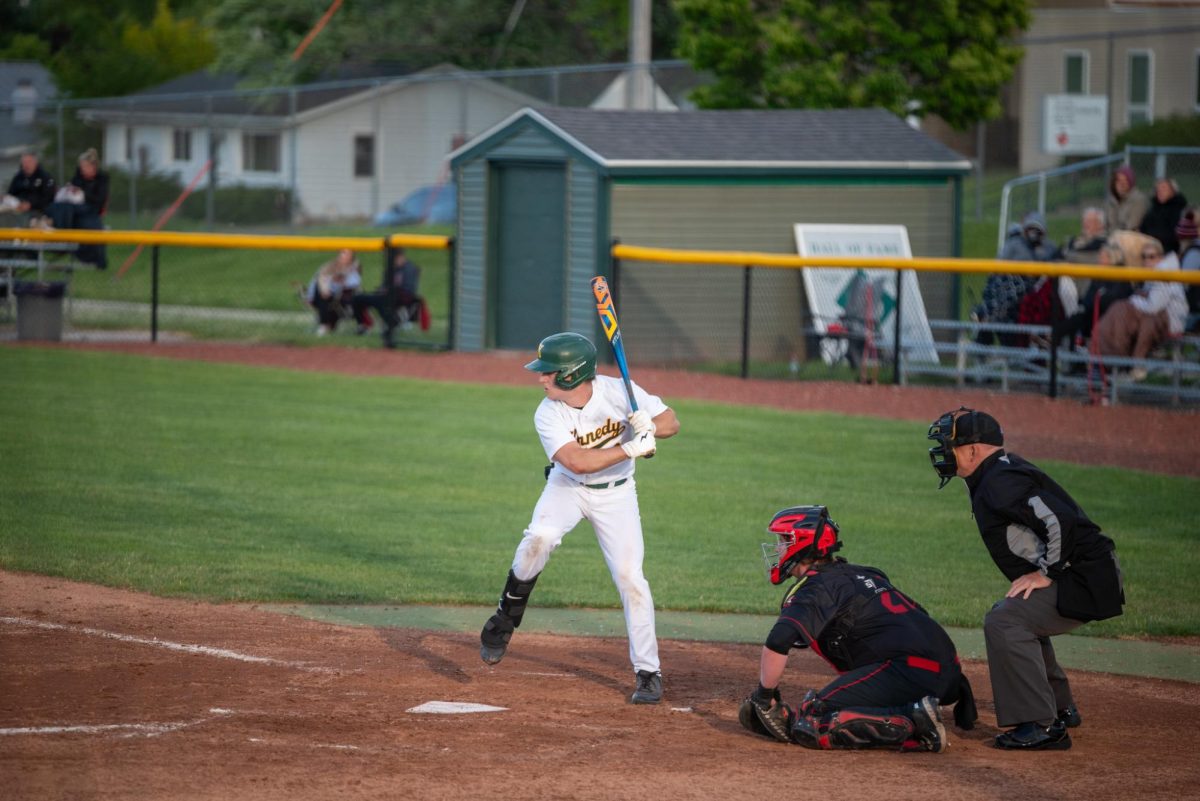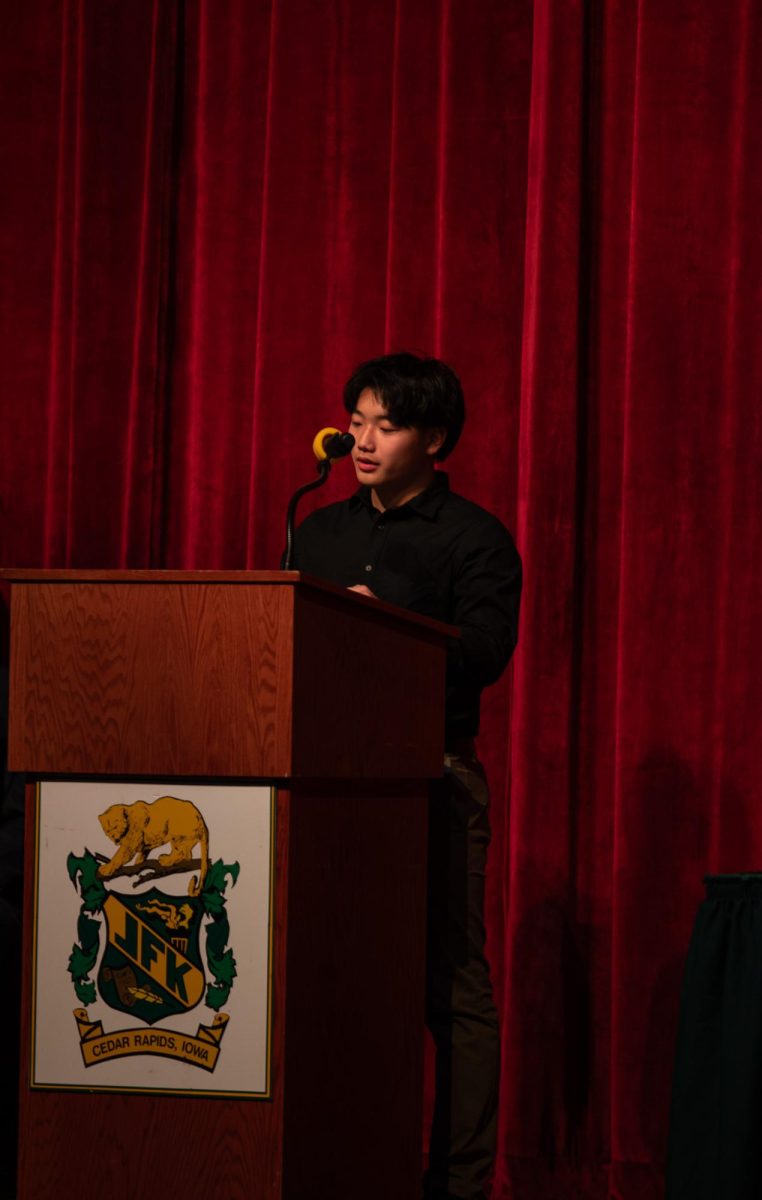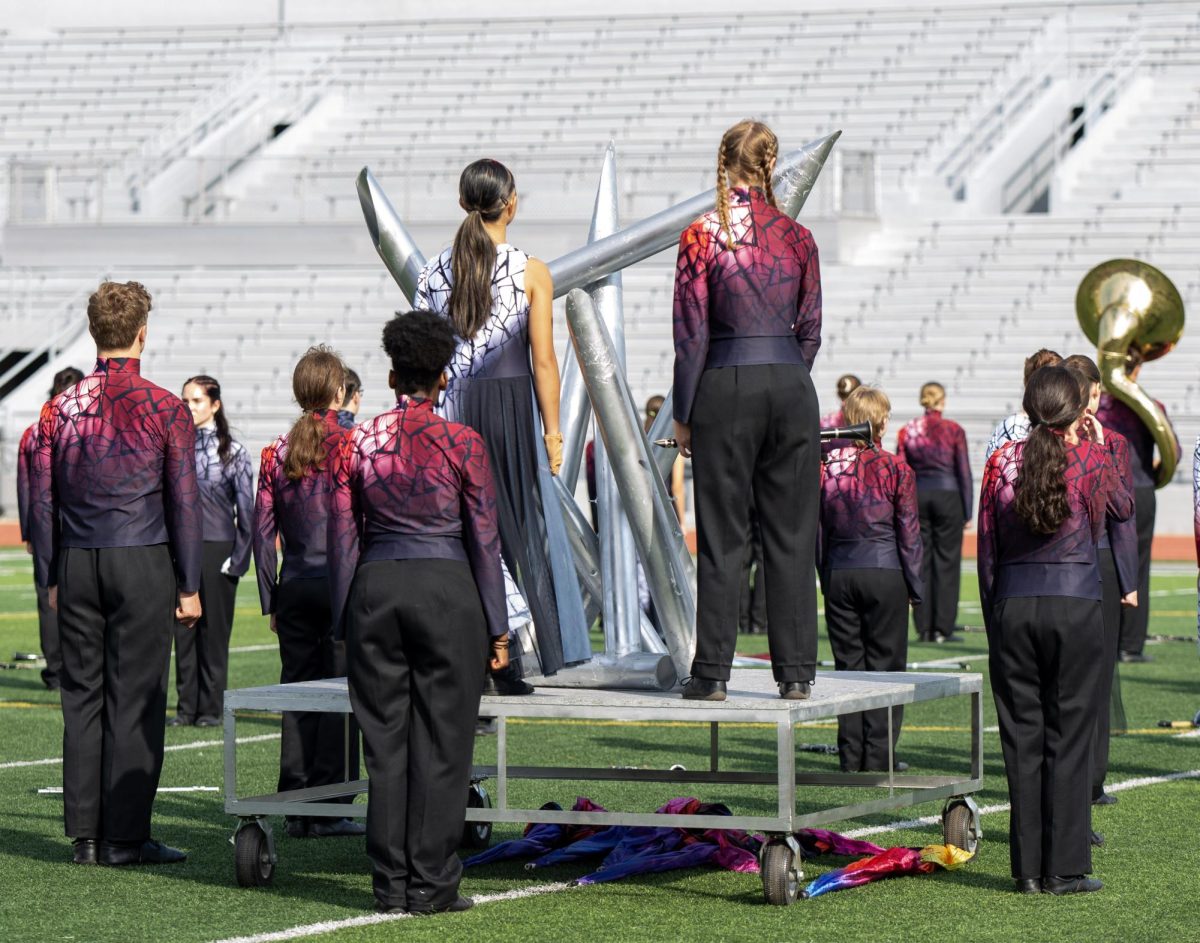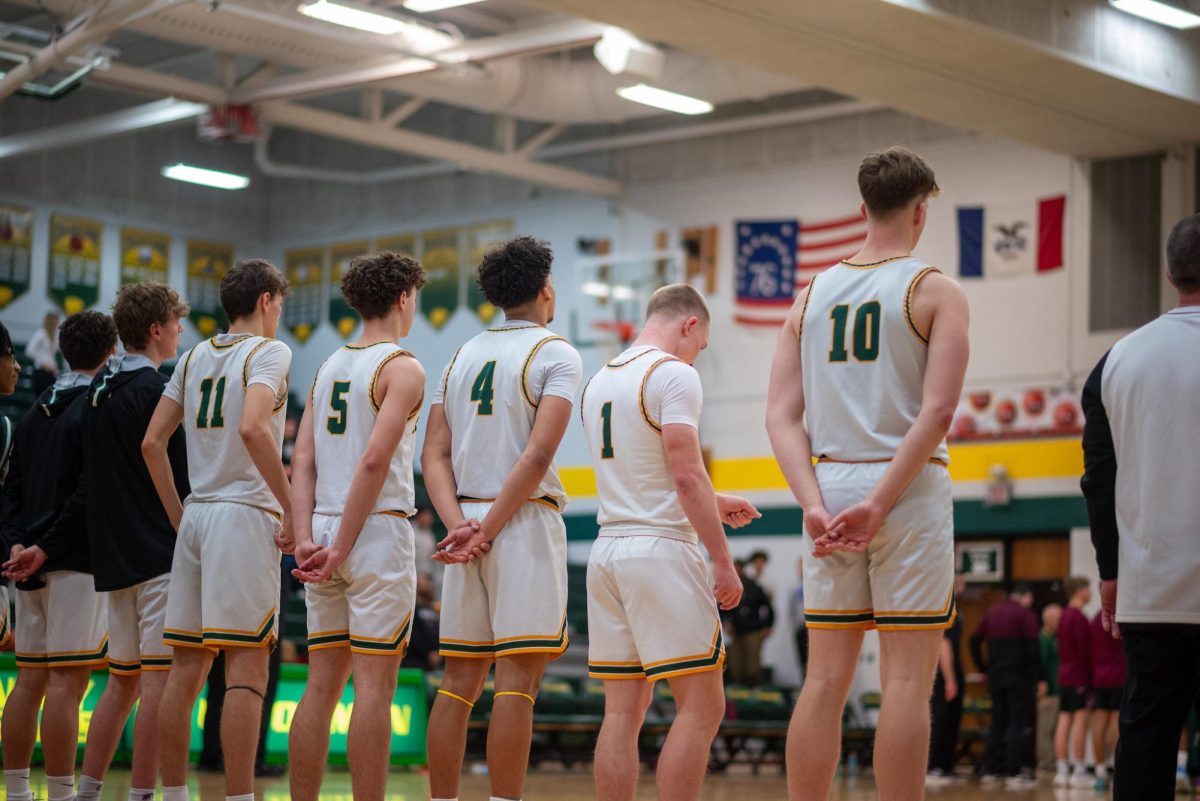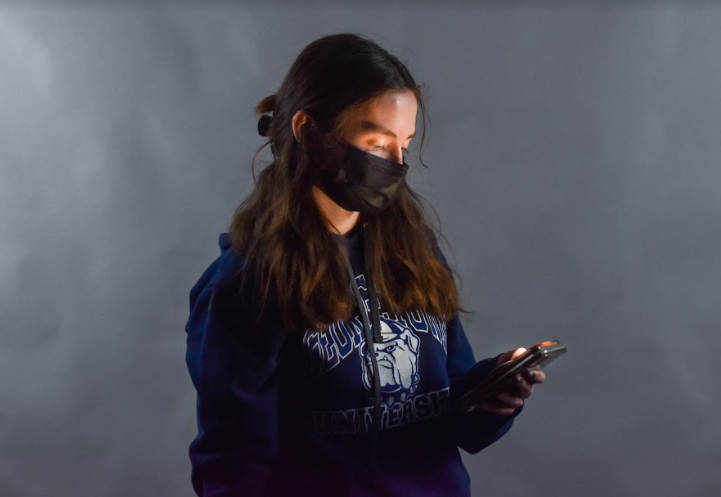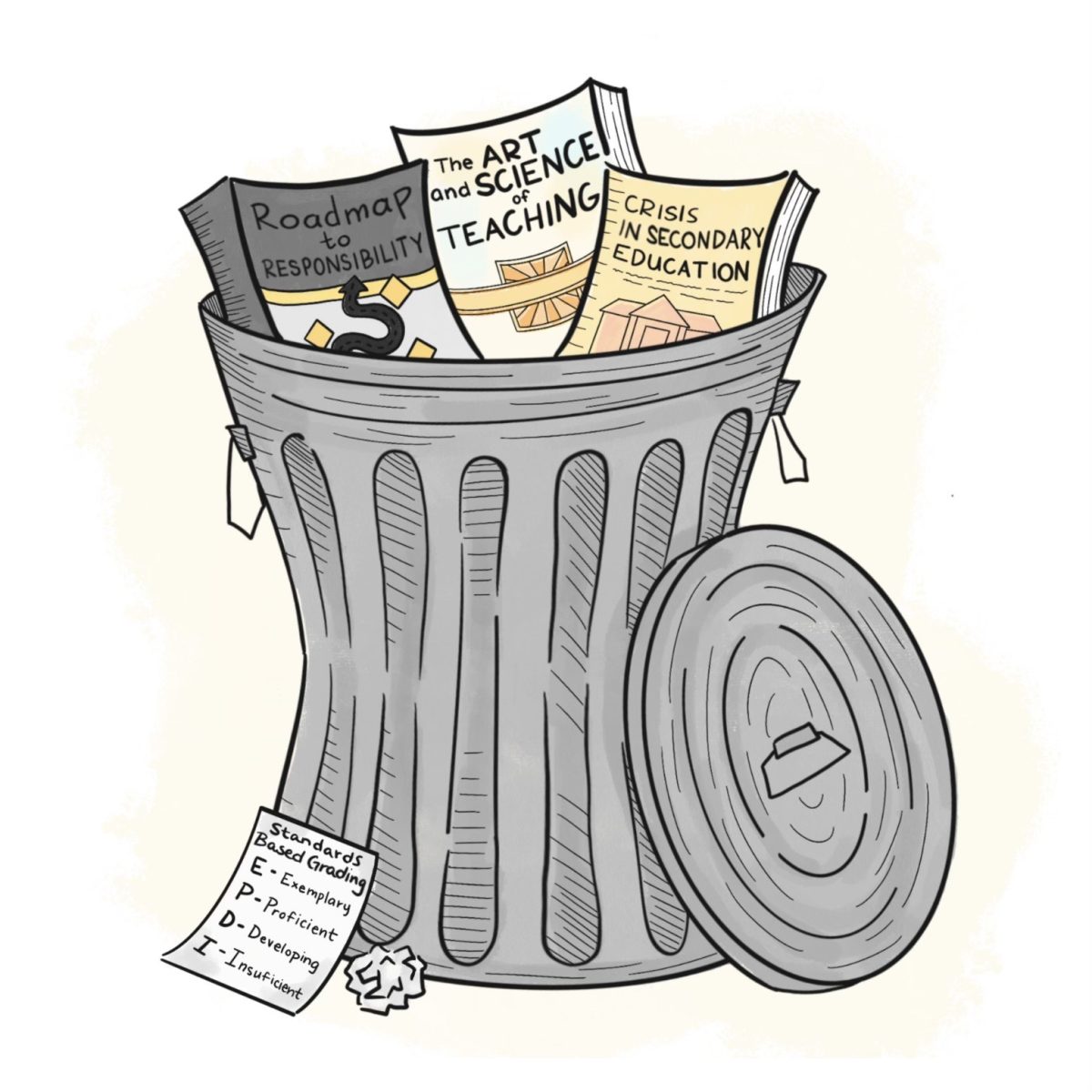In a world run by social media, it’s become a common theme of Generation Z (Gen Z) to make a joke of dark topics, laughing at things like 9/11, WW2 and school shootings. But when will we start acknowledging how serious these issues are?
The night of Oct. 1 2023, a post spread around Snapchat, stating they were tired of school and they were going to shoot it up with a photo of a gun. This post ignited internet chaos, shutting down the entire Cedar Rapids Community School District (CRCSD)—three high schools, six middle schools, 21 elementary schools and all district offices—the next day.
The hallways of CRCSD buildings were empty on Oct 2 and sparse on the third due to fear of a shooting. On social media though, it was a different story.
“The bulk of what I see tries to find humor in the situations,” senior Zach Novatny said. “For better or for worse.”
The Mayo Clinic states that when you laugh, it lightens your brain mentally and induces physical changes in your body. Laughter can stimulate organs, soothe tension and can aid muscle relaxation, all reducing physical symptoms of stress.
With this in mind, it can seem obvious why humor has become a coping mechanism. But what happens when the bit goes too far?
Gen Z grew up with an unregulated, anarchic internet. Websites like Reddit and 4chan are known for their dark and disturbing content that altered our world view.
“The dark humor that we observe in the contemporary era…has devolved into a contest, a competition of who can be the most offensive with minority groups as collateral,” V Rogers of California high school news team The Claw writes. “Jokes about one’s race, about another person’s trauma, excused with a simple ‘it’s just a joke.’”
Repeated jokes about “the quiet kid” and saying “don’t come to school tomorrow” are all symptoms of our generation’s biggest issue: desensitization.
“People make it out to be this is a funny thing cause it won’t really happen to [them] but it’s a very real thing and it’s not something that should be joked about,” senior Erica Mitchell said.
The scariest part is when social media is the sole vessel for teenagers to spread threats.
CRCSD’s Safe and Secure Learning Environment Coordinator Janessa Carr said there’s been an increase in re-posting threats online rather than reporting them to the school or authorities. Carr also said there’s been an increase in “copy-cat” threats on social media.
Copy-cat threats are posted to mimic an actual threat, but are made just for attention. The influx in these “copy-cats” makes preparing for a real threat harder.
The National Center for Health Research reported that two weeks after the 2018 Parkland school shooting, 638 copycat threats were made nationwide. Hoax threats spread through social media.
“The majority of threats made by students are found to not be credible but we have to take each threat seriously,” Carr said.
In a world where one online threat shuts down an entire district, we have to do better.
“Back when I first started [teaching] I was in a small school in Shellsburg,” Kennedy teacher Joseph Benedict said. “The night of homecoming we had a bomb threat but because we were a small school, every kid just called their parents, the principal got verbal permission and we got to have the dance. If you had a bomb threat today… the world’s changed since 1980.”
So how did we go from just calling in and considering it resolved to making a laughing stock of threats?
“I think we’re just immature,” Mitchell said. “Most of us are wired with anxieties but not that kind of anxiety because it’s not as ‘real’ as speaking in front of a class or talking to people you don’t know. It’s a further, more deep-rooted kind of anxiety that we just don’t think about or think could be real.”
The human brain isn’t fully developed until the mid- to late-20s, with the prefrontal cortex being the last to mature. Does this immaturity excuse our malicious behavior?
We need to understand that although it may be easy and comforting to take light of a situation, there is real harm and ignorance in making a joke of school shootings. School violence threatens us everyday and will continue to be a part of our everyday for an unfortunate while.
“It’s important to understand that threats are inevitable,” Carr said. “Not just in the public education setting but in all settings. We do not have control over the threats that do come in, but we do have control over our response. How we educate students and foster a safe and secure learning environment where students don’t feel there’s a need to threaten others or get revenge for [harm] done to them.”

